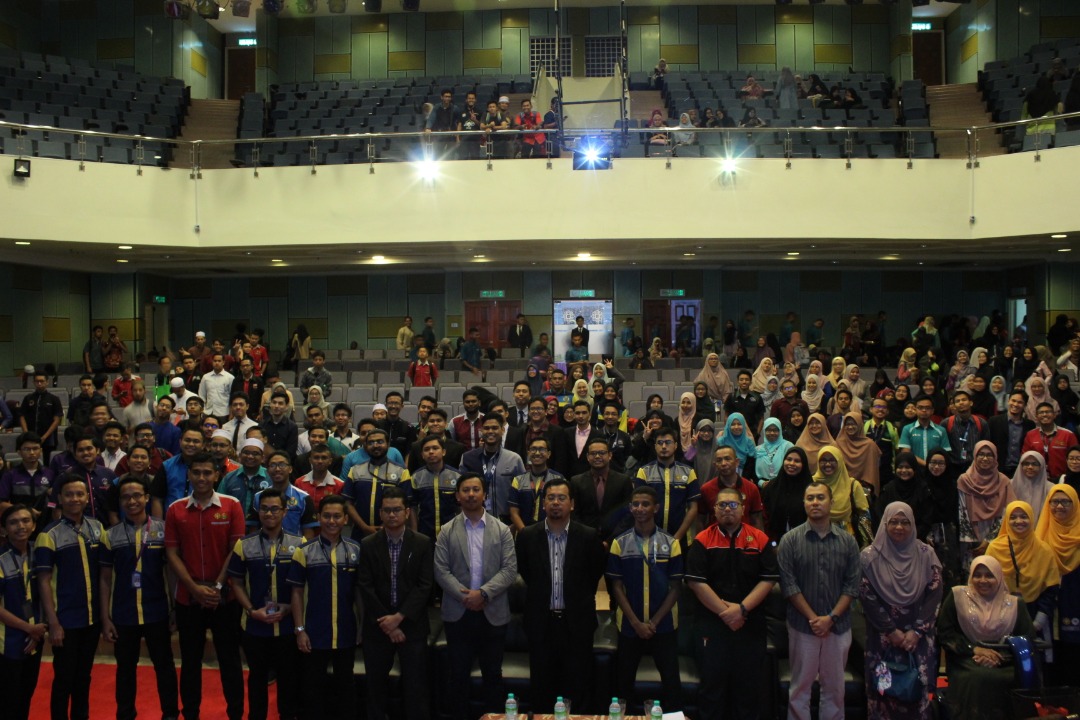By Nurul Suhaidi
GOMBAK, 20 February 2019: The proposal for the setting up of a Students’ Union in universities shows that the Education Ministry is taking a serious
view in conceding autonomy to students’ governance.
A town-hall session attended by the Director of Student Development Division, Dr. Zaid Bin Omar from the Department of Higher Education, Ministry of Education, on œStudent Union establishment, was successfully held on Wednesday (13 February).
The objective was to garner perspectives on the establishment of Students’ Union among IIUM students and future aspiring leaders.
In his talk, Dr. Zaid told the students that the Students’ Union would allow them to have their own ‘playground’ in determining their capabilities without intervention of the higher authorities to behold their decision making concerning students’ welfare and other student matters.
The Elected Executive Council (EXCO) members, meanwhile, will receive benefits like induction training like working adults, taking a year leave to work full-time as student officers, having seats in the senate and in university’s management committee, including receiving paid allowances, as well as having an office space in the university.
According to Dr. Zaid, students will be given the chance to change the power dynamics between the authorities and the embodiment of students. He said, œThe Students Union will create a win-win situation between staff and students.
Understandably, the Students’ Union falls in line with the Universities and University Colleges Act to empower students’ authorities which will see its
implementation in strengthening and the further enforcement of the act.
The roles of Students’ Union would further extend to include organising activities such as speakers’ corner, convocation festival, campus election, freshies’ orientation week, award night, and fund-raising activities by clubs or societies. In essence, the Union acts to represent students’ voice concerning welfare, amenities, finance, or in resolving any dispute or attending to discipline matters.
Despite that, the EXCO will be evaluating their job based on Key Performance Index (KPI), and any failure or cases of poor work will be
addressed to some form of reprimand.
Following the setting up of Students’ Union, there will be implications on financial matters where elected EXCOs and student societies will be allowed to hold their own financial account or administrative responsibilities, whereby they will be given executive power to approve all activities related to student affairs.
During the town-hall session, students sought clarification on the reliability of Students’ Union, for instance, how to ensure that the Union will not be politicised and how to avoid extreme radical views with autonomy and the concept of openness in this era.
To this question, IIUM students were told to acknowledge the proposal as a beginning of a step towards introducing Students’ Union. They may take a longer time to read and fully understand the policy before the implementation.
Dr. Zaid sought the attention of students to study this proposal, debate over it, and provide feedback on which parts to agree or not to agree.
Students were encouraged to examine and scrutinise the Students’ Union implementation proposal through further discussion or to make suggestion in order for it to serve the purpose.
“Any desire to come out with a
